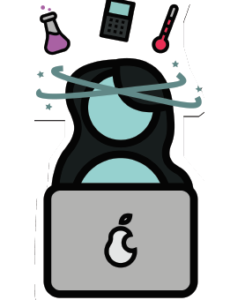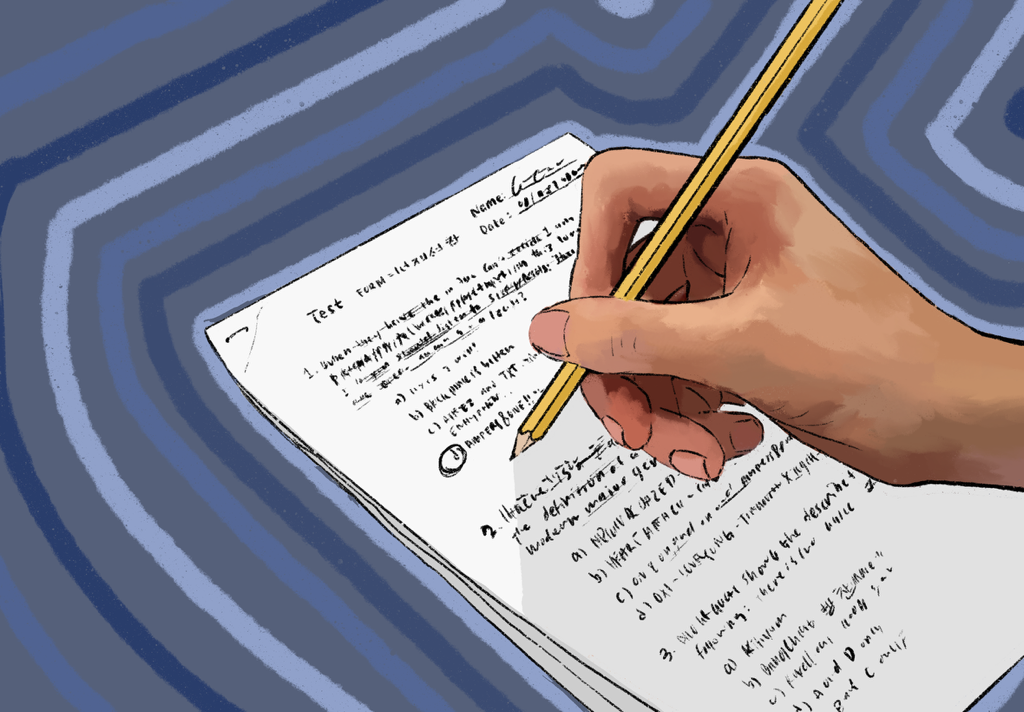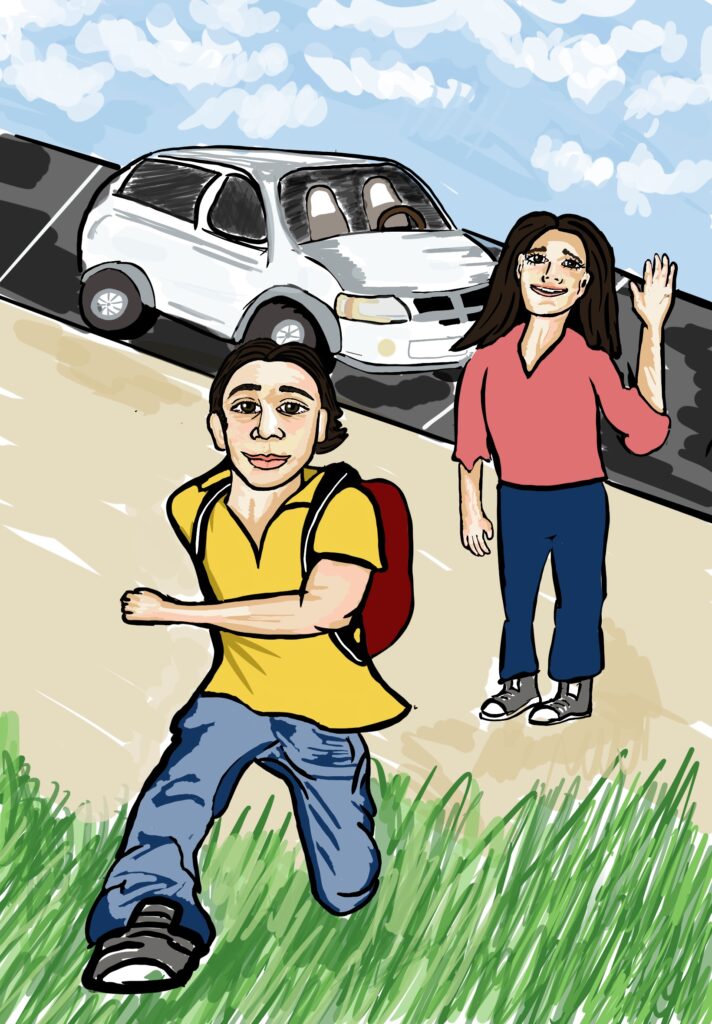Before even matriculating at Choate, students are aware of the School’s numerous Signature Academic Programs: Advanced Robotics Concentration (ARC), Arabic and Middle Eastern Studies (AMES), Arts Concentration, Capstone, Environmental Immersion Program (EIP), John F. Kennedy ’35 Program in Government and Public Service (JFK), Study Abroad, and Science Research Program (SRP). They signify exactly the kind of academic excellence that Choate wants to be known for — an experience that, as Choate’s website puts it, “builds upon your interests and talents so that your intellectual horizons never stop expanding.”
Signature programs bolster the School’s reputation as one of the nation’s most arduous and prestigious secondary schools — and for good reason. Through signature programs, students have been able to produce extraordinary research, art, and interdisciplinary projects. Students in SRP are able to engage in college and graduate level scientific research, producing their own research papers. The JFK program offers students a chance to intern for organizations involved in public service, and the Arts Concentration program allows students to dive deeper into their specific arts discipline, whether it be music, dance, or visual arts.
However, there’s a paradox in the system. How can we reconcile the School’s offer of unlimited “intellectual horizons” with the signature programs’ highly selective admissions processes?
While all students are welcome to endure the extensive application process, the majority of students are denied admission from the selective signature programs. For instance, a total of 32 students applied to SRP this year, and only 16 were accepted. Consequently, prestige, rigor, and low acceptance rates are melded together, so accepted students and their parents have come to treat a Choate signature program as another bragging point on a college application. Allowing the community to assign prestige to the signature programs on account of their selectivity rather than their quality facilitates a self-perpetuating cycle.
Besides, a number of students admit that they participate in programs that they’re not genuinely passionate about, and a good many more apply to them, lowering the acceptance rates each year. In a highly competitive environment like Choate, many students ultimately focus on ensuring that everything looks good on paper simply for college applications. But the unfortunate consequence of this ambition is that everyone wants to apply for special positions simply for the prestige — for the pretty title on paper — rather than for their genuine passion about the function of the position. As a result, applicant pools for many leadership and special programs on campus are continuously increasing, oftentimes causing truly passionate applicants to be crowded out by title-seekers.
It’s worth pointing out that these programs aren’t being selective just for the sake of being selective. Many maintain that selective admissions processes are important for programs to function properly. By carefully considering each applicant’s strengths and weaknesses, the admissions processes are not only able to ensure that all admitted students are able to meet a similarly high academic standard, but also that selected students will be able to work well together and foster an environment that supports academic growth. In addition, whittling down the number of students in these programs enables program directors to focus more on each individual student, allowing each student to get the most out of a program. Indeed, Choate’s resources for the programs aren’t unlimited. But even though all of these factors certainly contribute to lower acceptance rates, they shouldn’t determine them.
The purpose of Choate’s signature programs is to advance students’ respective talents and interests. Therefore, these programs should be accessible to all students who meet a baseline for ability. Most already agree that the process for admissions should be meritocratic — based mostly on students’ demonstrated interests and abilities. Less passionate or less experienced students might be denied entry. And yet, each year, plenty of students who would have performed equally as well as those accepted are denied.
Resources aren’t being funneled into expanding signature programs, so rejected students aren’t given the same exciting opportunities to pursue their interests. It seems that the hope is that rejected students’ passions for their discipline won’t disappear, which might be true — the School offers a wide array of interesting electives for upperclassmen, and there are opportunities outside of Choate to pursue one’s own interests. Ultimately, though, Choate is contradicting the mission of its signature programs by maintaining such low acceptance rates to their programs.





